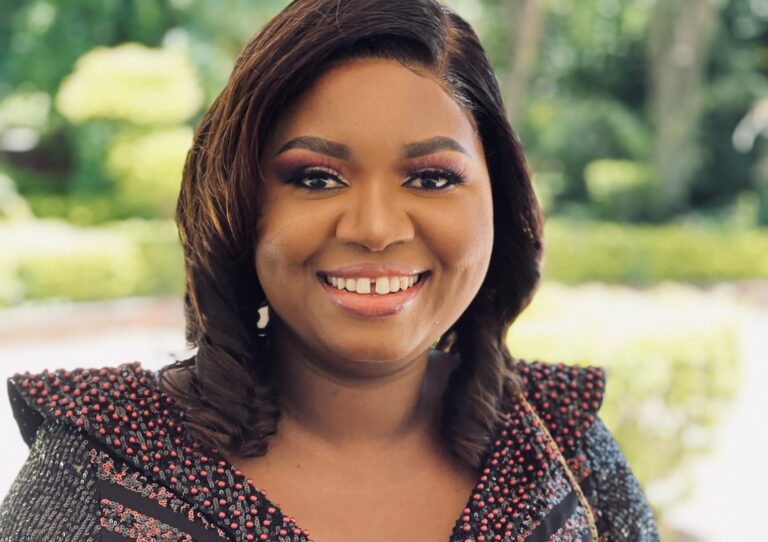In the evolving narrative of society, the impact of media and storytelling in shaping women’s empowerment is profound and undeniable. Once confined to the margins, women’s stories have moved to the forefront, painting a canvas of resilience, strength, and transformation. This shift has not been incidental but a result of concerted efforts in the media to amplify historically subdued voices. In this journey, we witness a transition from traditional portrayals to dynamic and multifaceted representations of women.
As we explore this landscape, we’ll uncover how media has evolved from a passive conveyor to an active advocate of women’s rights and how storytelling, in its myriad forms, has become a powerful tool for gender equality. This journey is not just about changing narratives; it’s about reshaping the very fabric of society to be more inclusive and equitable.
Historical Context of Media and Storytelling in Women’s Empowerment
In the past, women’s voices in media were relegated to mere whispers in a world dominated by men’s stories. But that is changing, and it’s time to make our voices heard loud and clear. But history is not just about the past; it’s a torch guiding us forward. The journey of women’s empowerment through media and storytelling reflects a seismic shift – from stereotypical portrayals to powerful narratives of strength and resilience.
Rewind a few decades, and you’ll find women in media tucked away in the corners of domestic bliss or exaggerated femininity. Fast forward to today, and it’s a whole new narrative. The change didn’t happen overnight, though. It took the persistence of brave storytellers and media pioneers to flip the script.
Media as a Platform for Advocacy
In its multifaceted glory, media has emerged as a robust platform for championing women’s rights. It’s not just about reporting stories; it’s about weaving narratives that resonate and inspire.
Modern Media Channels Advocating for Women’s Rights
From podcasts that pierce the soul to news channels that do more than report, modern media channels have advocated for women’s rights. They’re not just observers but active participants in the quest for gender equality. It’s heartening to see women’s empowerment stories front and center, challenging the status quo and sparking conversations that matter.
The Role of Social Media in Amplifying Women’s Voices
Then there’s the digital megaphone – social media. A realm where hashtags have the power to mobilize millions, and a single post can ignite a global movement. Social media has revolutionized the way women’s voices are heard and amplified. It’s a digital agora where stories of triumph and tribulation merge, creating a tapestry of shared experiences and collective empowerment.
In this world, every tweet, share, and like is a step towards a more equal and just society. The role of social media in women’s empowerment cannot be overstated. It’s where silence is broken, and narratives are rewritten.
Storytelling as a Tool for Empowerment
The art of storytelling, ancient yet ever-evolving, is a powerful catalyst for women’s empowerment. It’s not just about tales told around a campfire; it’s about the stories we share, the narratives we weave, and their profound impact on reshaping perceptions and breaking down barriers.
Personal Narratives and Their Impact
Let’s talk about personal narratives. These are more than just stories; they’re windows into the soul, pathways to empathy, and catalysts for change. When a woman shares her journey, overcoming adversity or shattering glass ceilings, it does something magical. It empowers, inspires, and kindles a fire in others to pursue their dreams. These stories are not just spoken or written words; they are potent echoes that resonate across communities and cultures, fostering a sense of unity and strength.
The Power of Film, Literature, and Art in Shaping Perceptions
Let’s spotlight the arts – film, literature, and art. These are not mere entertainment mediums but mirrors reflecting society and powerful tools for influencing perceptions. When women are portrayed in diverse, complex roles in films or literature, it challenges the age-old stereotypes and paves the way for a new understanding of women’s societal roles. Each character, plot, and dialogue in these mediums contributes to a larger narrative about women’s capabilities, struggles, and triumphs.
Success Stories: How Storytelling Has Changed Lives
And then, there are those success stories – authentic and genuine – that have changed lives. Stories of women who rose from obscurity to become leaders, activists, and changemakers have inspired and paved the way for future generations. These stories, whether they unfold in a bestselling novel, a blockbuster movie, or a viral social media post, carry the power to transform perspectives, motivate action, and empower women across the globe.
Challenges and Criticisms
Despite the strides in women’s empowerment through media and storytelling, the journey isn’t without its bumps. One significant challenge is the persistence of gender stereotypes in storytelling. While progress has been made, media representation of women often falls into the trap of clichéd roles or superficial characterizations. This undermines the complexity of women’s experiences and perpetuates outdated norms.
Furthermore, there’s a critical discussion around feminism and media influence. The commercialization of feminist messages, sometimes bordering on tokenism, raises questions about the authenticity and depth of these narratives. It’s essential to recognize and critique these aspects to ensure that the push for women’s empowerment remains genuine and impactful.
The Way Forward in Media and Storytelling for Women’s Empowerment
Looking ahead, the path is clear: media and storytelling must continue to evolve to reflect and amplify women’s voices genuinely. This includes increasing women’s empowerment in journalism and ensuring women in media leadership roles are not just tokens but influential decision-makers. Empowering women in film and television as creators and characters is crucial for offering diverse and realistic portrayals.
Moreover, leveraging media for women’s advocacy, storytelling, and leadership should be a continued focus. This means telling stories about women and ensuring these narratives shape women, fostering a more inclusive media landscape.
Additional Resources
To further explore and celebrate the impact of black Canadian and Nigerian Canadian women in media and storytelling, here’s a list of influential figures who have significantly contributed to women’s empowerment through their work:
1. Juliette Powell – A Canadian television host, producer, and author, Juliette Powell has been a strong voice in media, advocating for diversity and women empowerment through her work and public speaking engagements.
2. Esi Edugyan – A Canadian author of Ghanaian descent, Esi Edugyan has made significant contributions to literature with her award-winning novels that often explore the themes of race and identity, providing a powerful voice for black women in literature.
3. Dionne Brand – A renowned poet, novelist, and essayist, Dionne Brand’s work often delves into the themes of gender, race, and immigration, offering profound insights into the experiences of black women in Canada.
4. Ngozi Paul – An actress, writer, and producer of Nigerian descent, Ngozi Paul has been influential in Canadian television and theater, often focusing her work on the experience of the African Diaspora and women’s issues.
5. Yvonne Orji – Although more widely known for her role in the American TV series ‘Insecure’, Yvonne Orji, a Nigerian-Canadian actress and comedian, uses her platform to address issues faced by immigrant families and empowers women through her storytelling and stand-up comedy.
6. Celina Caesar-Chavannes – While primarily known for her political work, Celina Caesar-Chavannes, a Canadian politician of Grenadian descent, has been a vocal advocate for mental health, gender equality, and the empowerment of black women, using various media platforms to share her powerful message.
These women represent just a fraction of the many voices making a difference in media and storytelling. Their work not only empowers women but also enriches the cultural landscape of Canada, offering diverse perspectives and inspiring future generations.

